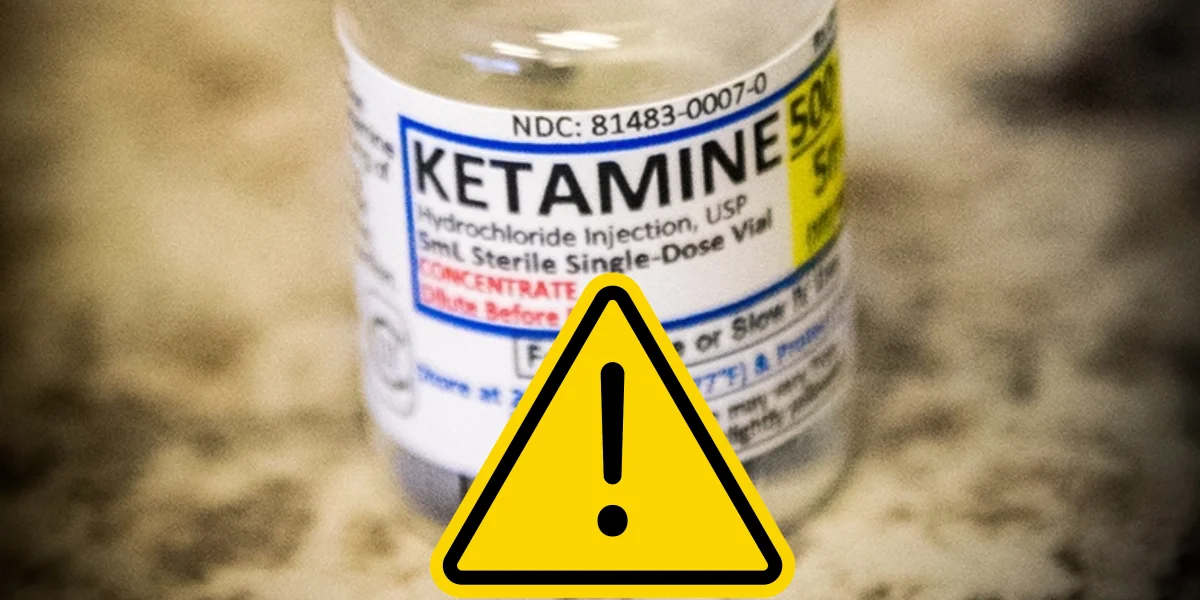Almost every new mother experiences “baby blues.” However, for some women, those feelings of sadness and anxiety linger and intensify, leading to postpartum depression (PPD). PPD is a severe form of depression that affects new mothers and can occur anytime during the first year after giving birth. However, it is not uncommon for depression to develop earlier on during pregnancy (peripartum depression).
PPD can make it hard for new mothers to care for themselves and their babies. Therefore, it’s crucial to understand what it is, the symptoms, and the treatments available. In this blog, we’ll delve into what postpartum depression is and how it affects new mothers.
What Is Postpartum Depression?
PPD is a severe form of depression that affects new mothers. It is not the same as the “baby blues” that many new mothers experience. Baby blues are mild feelings of sadness and anxiety that usually go away within a few days to a week. In contrast, PPD symptoms can be intense and last for months or even longer.
According to the National Center for Biotechnology Information (NCBI), about 1 in 7 women will go on to develop postpartum depression after childbirth. Despite being an overwhelming experience, the good news is that with proper treatment and care, most mothers with PPD make a full recovery.
What Causes Postpartum Depression?
There’s no single cause of PPD. However, several factors can contribute to its development, including:
Hormonal changes: After giving birth, a woman’s body goes through significant hormonal changes that can affect mood and emotions. The levels of estrogen and progesterone drop, which can cause mood swings, fatigue, and other symptoms.
Emotional stress: Having a baby is a significant life change that can be stressful, especially for first-time mothers. Lack of sleep, physical recovery from childbirth, and adjusting to the new role of motherhood can contribute to emotional stress and potentially lead to depression.
History of mental illnesses: Women who have a history of depression, anxiety, or other mental disorders may be more likely to develop PPD.
Lack of support: New mothers who lack emotional and practical support from family, friends, or partners are likely to feel overwhelmed and may be at higher risk of developing PPD.
What Are The Symptoms Of Postpartum Depression?
The symptoms of PPD can vary in severity and duration. They can start anytime in the first year after giving birth and can include:
- Persistent feelings of sadness, hopelessness, or emptiness
- Loss of interest in activities you once enjoyed
- Changes in appetite and sleep patterns
- Difficulty bonding with your baby
- Feeling overwhelmed or unable to cope with the demands of motherhood
- Irritability or anger
- Drastic changes in appetite and body weight
- Excessive anxiety
- Thoughts of harming yourself or your baby
How Is Postpartum Depression Treated?
It’s critical to seek medical help if you experience some or all of the above symptoms during the postpartum period. Without professional treatment, postpartum depression can evolve into clinical depression and become a long-term problem.
Treatment for PPD may include medication, psychotherapy, or lifestyle modifications. Your doctor or mental health professional will access your individual needs and develop a customized treatment plan based on your needs.
The Bottom Line
Postpartum depression is a severe form of depression that mainly affects new mothers. While it’s normal to experience a certain level of anxiety and moodiness for a few days after childbirth, PPD is usually more severe and long-lasting and can make it challenging to take care of yourself and your baby. As such, it’s important to seek medical help if you begin to feel too overwhelmed.
Remember, PPD is not a sign of weakness or failure as a mother. It’s a medical condition that can affect any new mother after childbirth. Seeking treatment and support for PPD is the best thing you can do for yourself and your baby. With the proper treatment and care, you can make a full recovery and start enjoying the precious gift that is motherhood.



